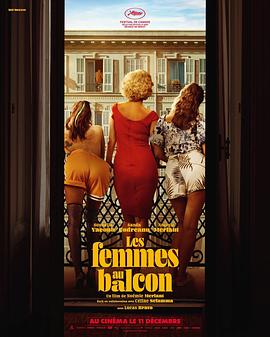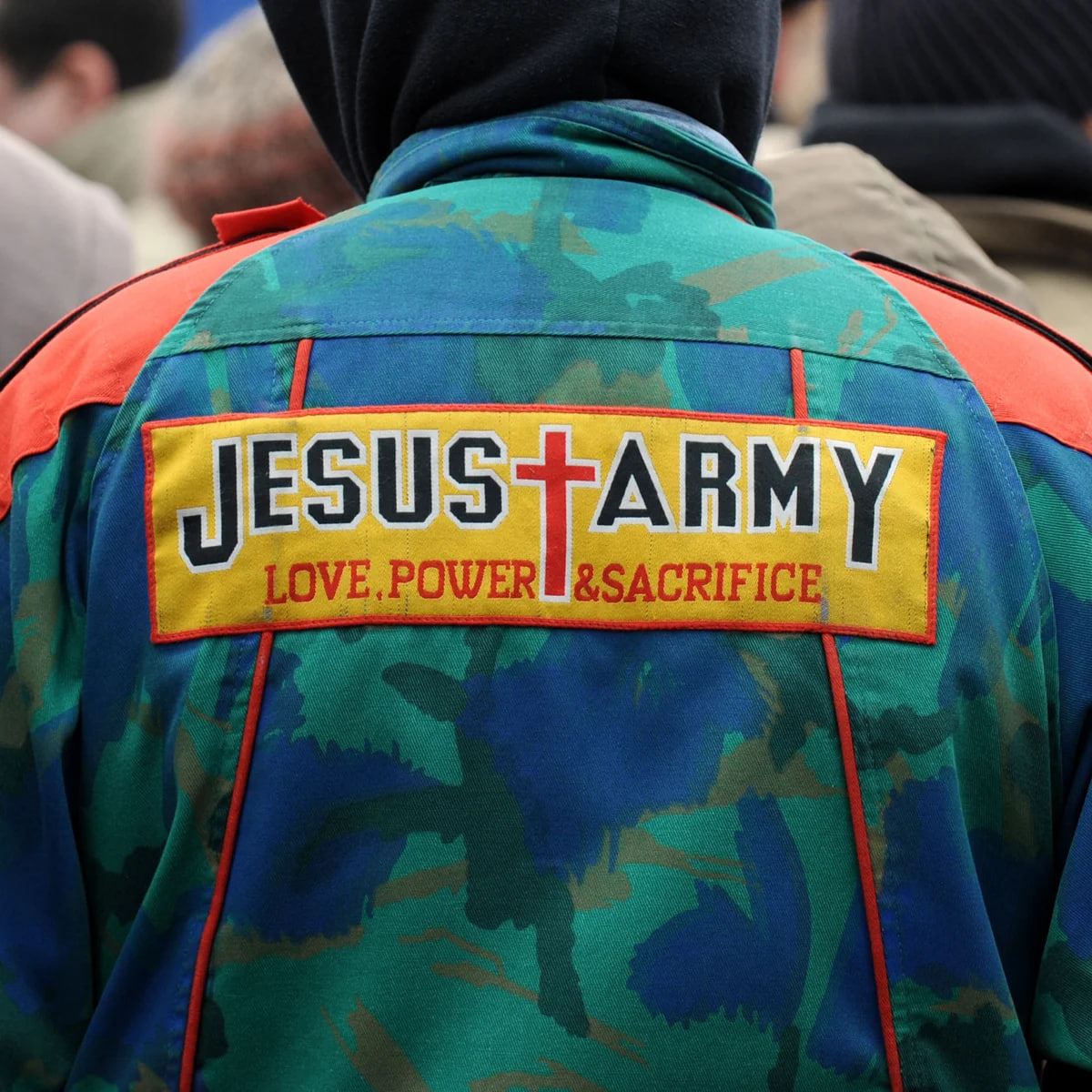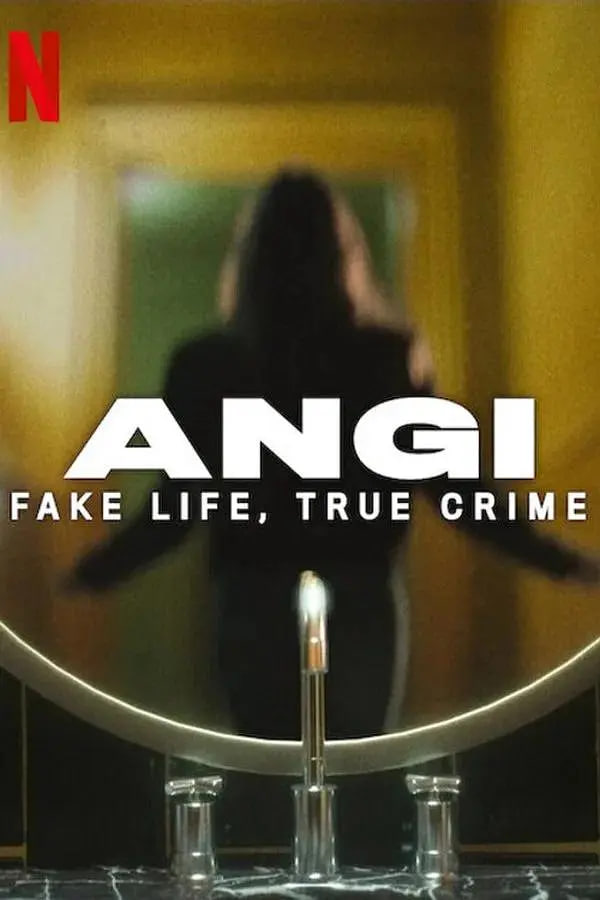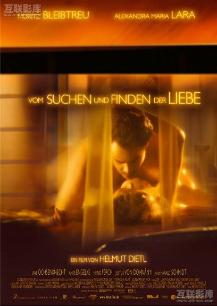- 正在播放《欧洲的某个地方》 - 鸭鸭资源
- 提醒不要轻易相信视频中的任何广告,谨防上当受骗
- 技巧如遇视频无法播放或加载速度慢,可尝试切换播放节点或者切换解析
- 收藏爱播-致力于为全球影迷谋福利!网址:v.162182.com / v.162182.com ,记得收藏哟~
剧情:
Somewhere in the remote region, the war ends. In the midst of ruined cities and houses in the streets, in rural hamlets, everywhere where people still live, are children who have lost their homes and parents. Abandoned, hungry, and in rags, defenseless and humiliated, they wander through the world. Hunger drives them. Little streams of orphans merge into a river which rushes forward and submerges everything in its path. The children do not know any feeling; they know only the world of their enemies. They fight, steal, struggle for a mouthful of food, and violence is merely a means to get it. A gang led by Cahoun finds a refuge in an abandoned castle and encounters an old composer who has voluntarily retired into solitude from a world of hatred, treason, and crime. How can they find a common ground, how can they become mutual friends? The castle becomes their hiding place but possibly it will also be their first home which they may organize and must defend. But even for this, the price will be very high. To this simple story, the journalist, writer, poet, scriptwriter, movie director, and film theoretician Béla Balázs applied many years of experience. He and the director Géza Radványi created a work which opened a new postwar chapter in Hungarian film. Surprisingly, this film has not lost any of its impact over the years, especially on a profound philosophical level. That is to say, it is not merely a movie about war; it is not important in what location and in what period of time it takes place. It is a story outside of time about the joyless fate of children who pay dearly for the cruel war games of adults. At the time it was premiered, the movie was enthusiastically received by the critics. The main roles were taken by streetwise boys of a children's group who created their roles improvisationally in close contact with a few professional actors, and in the children's acting their own fresh experience of war's turmoil appears to be reflected. At the same time, their performance fits admirably into the mosaic of a very complex movie language. Balázs's influence revealed itself, above all, in the introductory sequences: an air raid on an amusement park, seen in a montage of dramatic situations evoking the last spasms of war, where, undoubtedly, we discern the influence of classical Soviet cinematography. Shooting, the boy's escape, the locomotive's wheels, the shadows of soldiers with submachine guns, the sound of a whistle—the images are linked together in abrupt sequences in which varying shots and expressive sharp sounds are emphasized. A perfectly planned screenplay avoided all elements of sentimentality, time-worn stereotypes of wronged children, romanticism and cheap simplification. The authors succeeded in bridging the perilous dramatic abyss of the metamorphosis of a children's community. Their telling of the story (the scene of pillaging, the assault on the castle, etc) independently introduced some neorealist elements which, at that time, were being propagated in Italy by De Sica, Rossellini, and other film artists. The rebukes of contemporary critics, who called attention to "formalism for its own sake" have been forgotten. The masterly art of cameraman Barnabás Hegyi gives vitality to the poetic images. His angle shots of the children, his composition of scenes in the castle interior, are a living document of the times, and underline the atmosphere and the characters of the protagonists. The success of the picture was also enhanced by the musical art of composer Dénes Buday who, in tense situations, inserted the theme of the Marseilaise into the movie's structure, as a motive of community unification, as an expression of friendship and the possibility of understanding. Valahol Europaban is the first significant postwar Hungarian film. It originated in a relaxed atmosphere, replete with joy and euphoria, and it includes these elements in order to demonstrate the strength of humanism, tolerance, and friendship. It represents a general condemnation of war anywhere in the world, in any form.收起
相关影片
2024电影法国
索海拉·雅各布 Sanda Codreanu 诺米·梅兰特 卢卡斯·布哈沃 Nadège Beausson-Diagne 克里斯托弗·蒙特内兹 Nasir Bachouche François Cottrelle 安妮·梅西耶 Augustin Palvanh Jean-François Comminges Henry Cohen Emanuele Carfora Hamza Raja Mohammad Amir Baylly Alice Griveau Victor Sansano Yassine Do
Set in a boiling Marseille neighborhood plagued by a heat wave, the movie revolves around three room
正片
2025电影美国
正片
正片
2025电影克罗地亚 / 意大利 / 斯洛文尼亚
1919年,巴黎和会提议将阜姆归还克罗地亚。意大利诗人、贵族兼军官加布里埃尔·邓南遮闻讯勃然大怒,宣布建立“意大利卡尔纳罗摄政领”。这段长达16个月的占领,是史上最离奇的统治之一。导演贝济诺维奇通过采
正片
2020电影美国
正片
2017电影内地
正片
0电影美国
正片
2025电影英国
第1集
1986电影内地
正片
1987电影中国香港
正片
2025电影西班牙
安娜·派斯是一位 35 岁的时装设计师,于 2008 年 2 月 19 日在巴塞罗那的一间旅游公寓内被发现死于非命,遗体赤裸,头部被塑料袋覆盖。她是怎么死的?是一起性犯罪事件,还是一起虐待游戏失控?这
第2集
2005电影德国
作曲家米米与歌手维纳斯戏剧性坠入爱河。然而爱情的消失从来不需要理由,无止尽的争吵让他们在七年后分开。维纳斯展开新生活藉以忘却悲伤;米米试图重新找回内心的平静,却被回忆挑的心魔纠缠抑郁而终。多伟大的爱情
正片
2021电影内地
正片

















